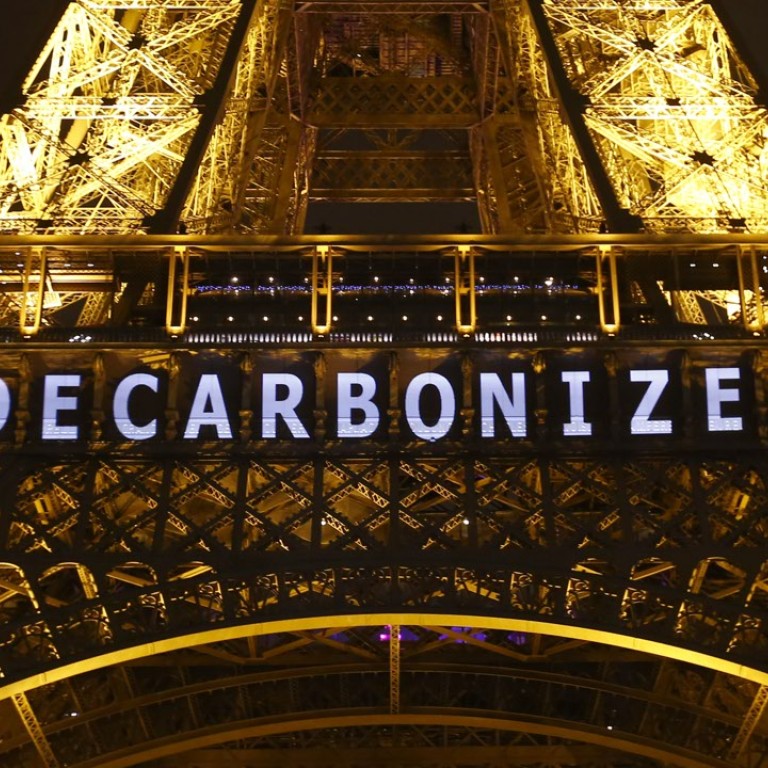
Paris agreement is just the beginning of a new era of climate action
Vincent Piket says the multilateral approach that helped pass the historic climate change deal is also the way to keep the momentum going as countries face up to the hard tasks ahead
The climate change agreement reached in Paris last month was nothing short of historic. The deal is a much-needed bridge towards decarbonising the global economy and achieving climate resilience in the 21st century. It sets out the objective to keep global temperature increases “well below 2 degrees Celsius”. What made the deal possible? The agreement is, first and foremost, a great success for the UN. The multilateral approach and principles have been vindicated after years of increasing doubts over its effectiveness.

READ MORE: ‘He had a deep commitment ... and he has stayed with it’: how the Paris climate deal capped a nine-year quest for UN chief Ban Ki-moon
A “High Ambition Coalition” announced by the EU and the Group of African, Caribbean and Pacific countries generated an increasing push on the other major players. It was then joined by the US, Canada, Japan, Mexico, Brazil and others.

Finally, the decisive role of the French presidency is hard to overstate. The level of ambition of the Paris agreement owes a lot to the French team. The hosts succeeded in generating a sense of inevitability that proved crucial. It made Paris, which recently witnessed gruesome acts of terror , the city where humankind proved it can bridge differences for the sake of the common good.
Does this mean our planet’s climate is safe? Not yet. The agreement remains a historic achievement, but as the start of a new era for climate action, not as the end result. The deal now needs to be implemented. The international community has its work cut out for decades. The measures announced by Hong Kong’s chief executive in his policy address point in the right direction.
Climate change remains the biggest challenge of our time. Hong Kong and the EU both have to live up to it.
Vincent Piket is head of the European Union Office to Hong Kong and Macau
